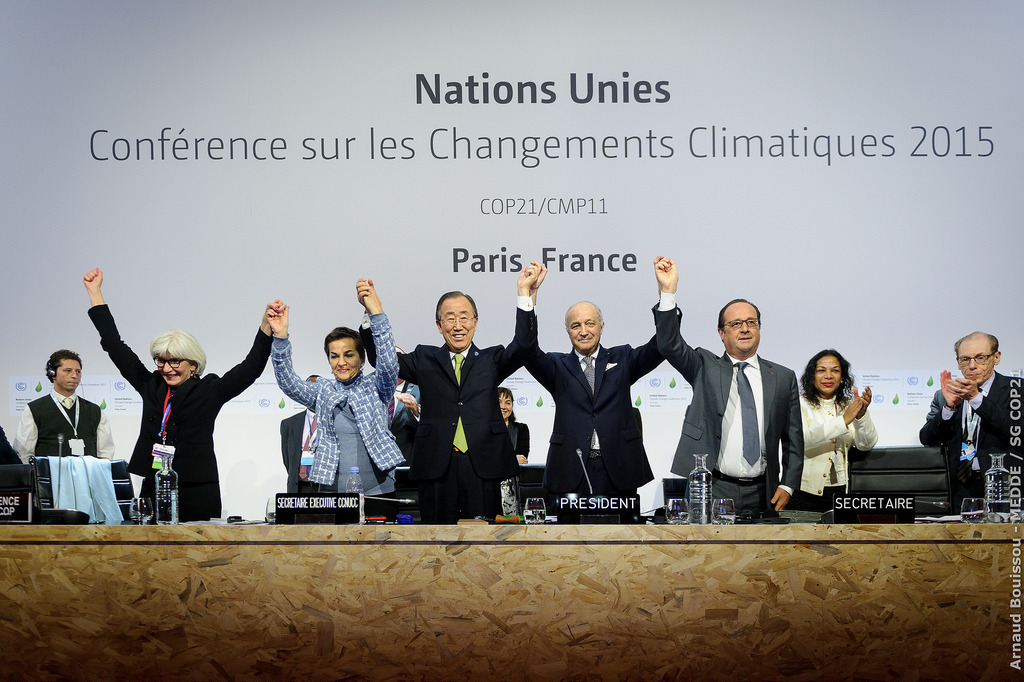In 500 Words: COP21 Stakeholder Takeaways
No, climate change has not been solved by this one agreement. However, from a stakeholder perspective, we see the Paris climate negotiations (COP21) as a success. There seemed to be a genuine effort to ensure that every stakeholder was heard, that there was alignment around the shared problem, and that individual countries and companies were asked to propose their own contributions. Despite criticism that the non-legally binding agreement is unenforceable, the bottom-up voluntary approach is precisely what made COP21 a breakthrough compared to the twenty previous attempts at a climate deal.
Although the COP21 deal was reached by consensus among diplomats, the non-voting stakeholder reactions vary. Article headlines range from “Death Warrant for the Planet” to the World’s “Turning Point for a Climate Solution.” As with stakeholder engagement, this disagreement can be used as an opportunity for collaborative next steps. Supporters of the deal are needed for decades of ongoing implementation, and to provide momentum for expanding the deal every five years. Critics of the deal are needed to point out where actions are ineffective, and to hold those who renege on their commitments accountable in the court of public opinion.
Kumi Naidoo, Executive Director at Greenpeace wrote: “The wheel of climate action turns slowly, but in Paris it has turned. This deal puts the fossil fuel industry on the wrong side of history.” Yet industry groups are some of the most unequivocal supporters of COP21. Some activists argue heavy industry endorsements are further evidence COP21 was doomed to inadequacy. While the lack of trust is understandable, believing the transition to a low carbon economy can be accomplished in a timely manner without industry cooperation is unrealistic (similar to my assessment of trying to simultaneously fight capitalism and climate change).
I agree with the assessment of Carroll Muffett (President at Center for International Environmental Law): the Paris deal is “inadequate” and “inequitable.” But we have a deal(!), which is no small feat considering the decades of failed attempts. We have a roadmap for global climate action that includes fossil fuel companies agreeing to a low carbon economy transition. We also have consensus from global leaders to continually step up these commitments. If we at Future 500 have learned anything in 20 years of stakeholder engagement, it’s that NGOs and activists will be holding government and industry leaders accountable to what they have agreed to at COP21.
Future 500 is a non-profit consultancy that builds trust between companies, advocates, investors, and philanthropists to advance business as a force for good. Based in San Francisco, we specialize in stakeholder engagement, sustainability strategy, and responsible communication. From stakeholder mapping to materiality assessments, partnership development to activist engagement, target setting to CSR reporting strategy, we empower our partners with the skills and relationships needed to systemically tackle today's most pressing environmental, social, and governance (ESG) challenges.
Want to learn more? Reach out any time.
Adam Pinterits is a former Future 500 team member. He is currently a Managing Partner at Bear Republic Consulting, LLC. Connect with him on LinkedIn.
More from our blog:












